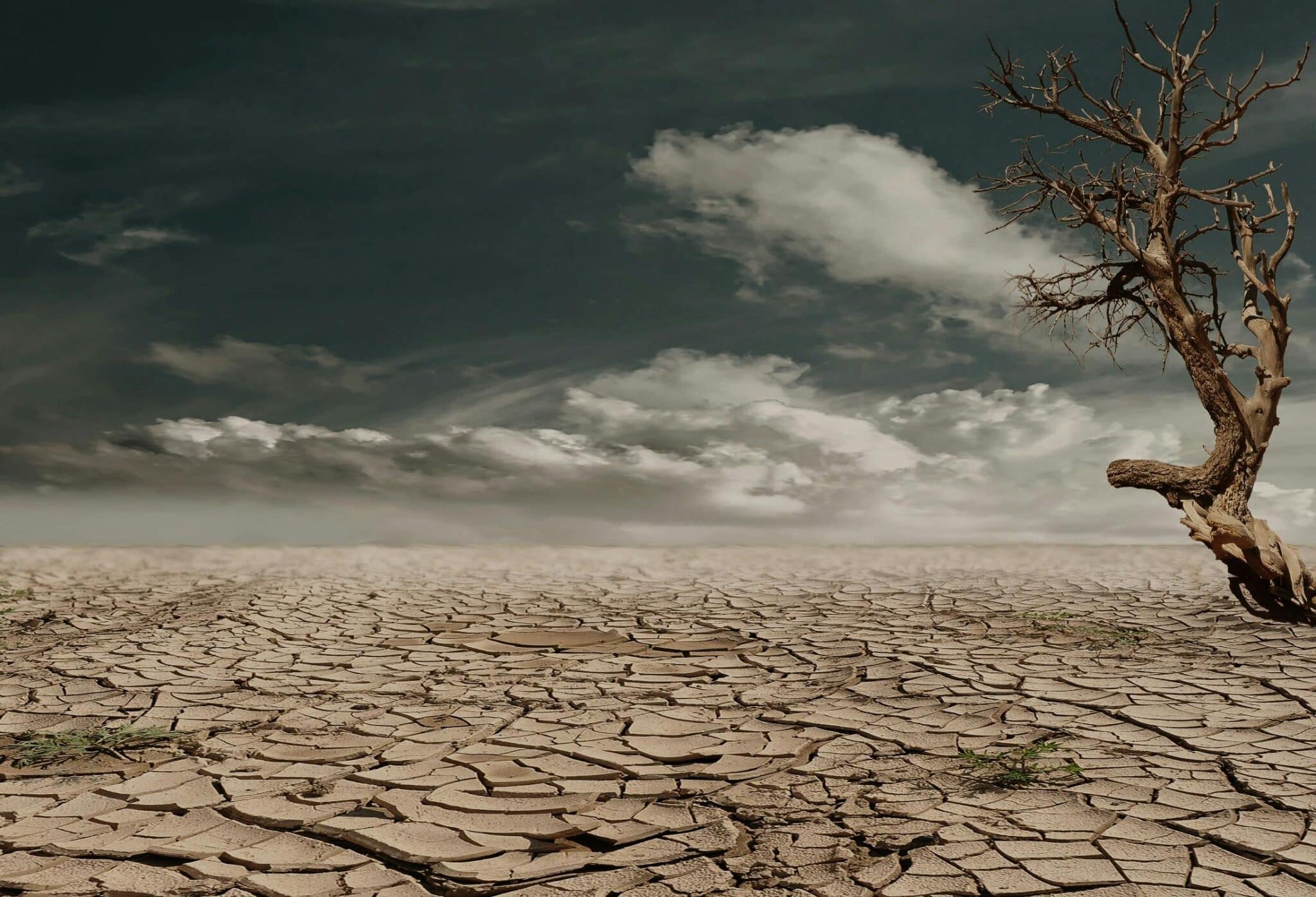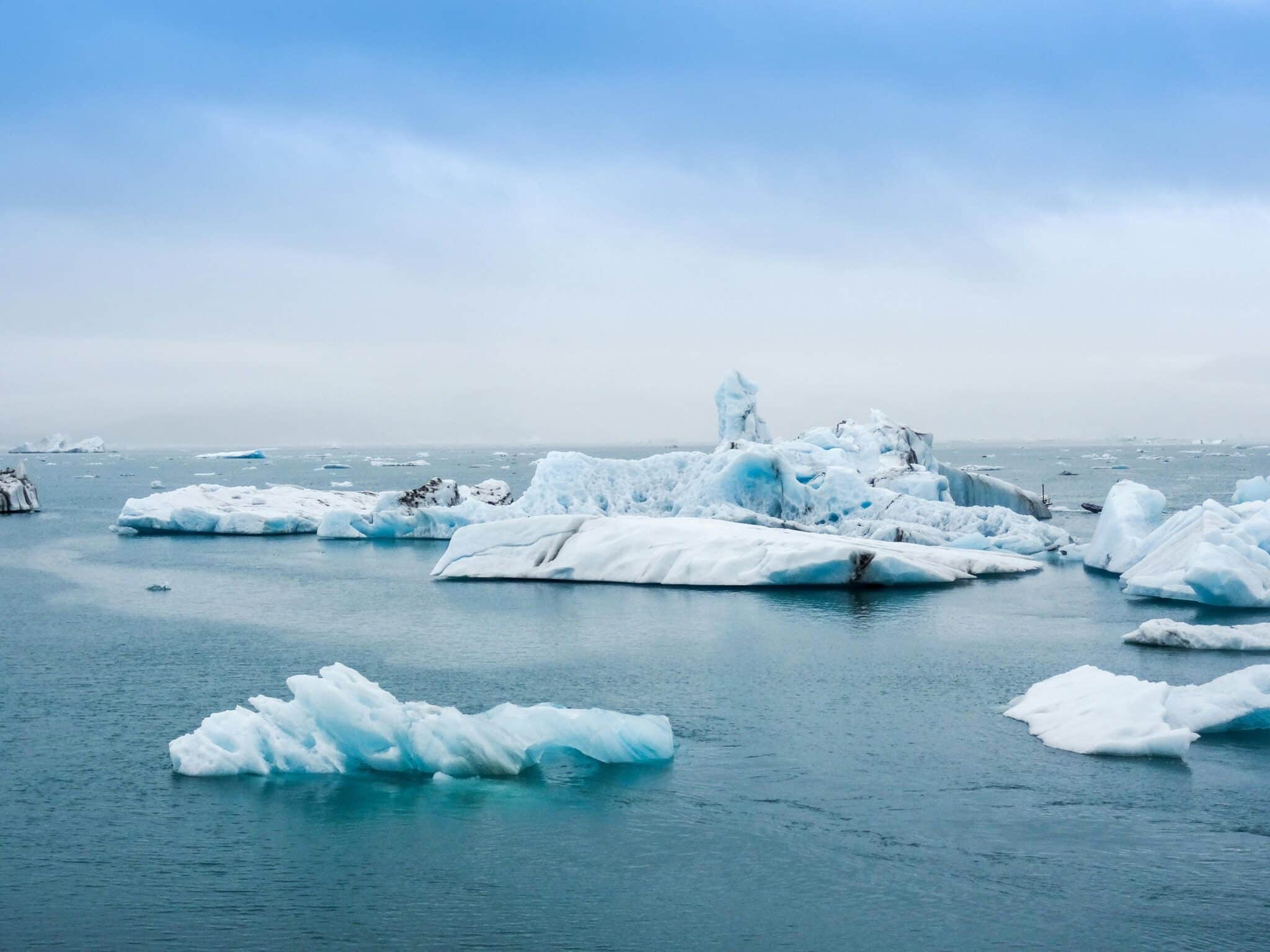“With each degree rise in average global temperature, the consequences of global warming are becoming more and more severe”
Many people are given to the tendency of confusing weather and climate. This is because even in the Nigerian Pidgin-English parlance we use climate to denote the generality of feelings in our homes. This has been so long before Japanese automakers dropped the words hot and cold and replaced your car’s temperature controls with the word Climate.
Simply put, Climate is the totality of the long-term weather pattern in an area, typically taken as an average over a long period of 30 years or more. More rigorously examined, Climate is the mean and variability of meteorological variables/indices over a time that can span from a few months to millions of years.
Weather on the other hand is the daily state of the atmosphere including temperature, atmospheric pressure, wind, humidity, precipitation (rain, snow, hail), and cloud cover.
So, whereas weather changes from day to day, climate refers to the average weather patterns grouped, or not, into seasons and types, over long periods. And herein lies another confusing phrase, Climate Change. It is a phrase or phenomenon that was birthed in the 20th Century and has now taken a prime stage in our earthly life. This phenomenon does not refer to changes in climate from season to season. It does not refer to changes in intensity or severity of seasonal weather from one year to the other either, as some climate change deniers are wont to say that climate has always changed from hot to cold and back over time.
Climate change refers to long-term shifts in temperature and weather patterns. These shifts may be natural, such as the shifts that occur through variations in the solar cycle. However, since the 1800s, or the beginning of the industrial age, human activities have been the main drivers of these shifts primarily due to burning fossil fuels like coal, oil and gas. Primarily, the burning of fossil fuels produces greenhouse gases which are difficult to dissipate. These greenhouse gases hover over the earth’s atmosphere like a blanket over the earth, preventing the sun’s heat and other generated heat from escaping the earth’s atmosphere, thereby heating up the earth generally. Carbon dioxide and methane are the two most common greenhouse gases, and these are by-products of the combustion of fuel oils in
engines, gases in industrial ovens and heat exchangers, bush burning, landfill burning, industry and agricultural management activities, etc.
Over the centuries, it has been determined that on average, the earth’s temperature has been rising. This Global Warming, as recently determined by the United Nations Conference on Climate Change, has been accelerating. After an initial reticence by some industrialized nations, the overwhelming consensus now states that Climate Change is real and if global warming is not reduced the Earth is on a path to irreversible damage. This catastrophic damage is generally thought by scientists to occur sooner than later.
With each degree rise in average global temperature, the consequences of global warming are becoming extremely severe. Looking at the most common and severe climate change consequences, let us examine a few.
Prolonged Drought
Intermittently, and through the centuries, some areas are subjected to drought of varying degrees due to the positions of the Earth and Moon relative to the Sun. These droughts may occur in the form of late rainfalls, reduced rainfalls in overall volume, (less than usual rainfalls), a short rainy season, or a complete lack of rainfall. Any one of these forms will cause a shortfall in surface water levels and so will threaten agriculture, fisheries production, animal grazing, as well as surface temperatures. We see this in the state of California in the USA, in East Africa, and in our own Northern States. When these drought conditions continue longer than a year, they do become worse and produce more dry conditions that would repeat and aggravate the cycle of more drought. Famine then sets in, and migration of people and animals follows. For years, I have been talking about the southern migration of our northern brothers as a result of desertification, a direct result of drought and the creeping Sahara. The current herdsmen terrorism in Nigeria is due to our abject neglect in tackling these problems.

What to Do
These problems are not insurmountable. The solution lies in smart management of seasonal water flows and inland waterways, management of forests and grasslands, planting of trees and vegetation, and creation and management of grazing fields. These are all achievable, they are not dreams. And various governments have at various times created agencies to deal with these. The current attempts to sell bodies of water to non- indigenes will ease nothing. It will rather create cartels, confusion over generational land ownership, and more conflicts
Intense Heat
The increase in average global temperatures raises the heat index of almost every country in the world, especially those in the tropics. Polar and glacial ice sheets and caps are fast melting. Springs are drying up, and underground waters are being depleted.
Lifestyle changes have become imperative, especially in the way we build our houses and ventilate them. Homes and offices require increasing use of air-conditioning here in Nigeria. This calls for more demands on the public power supply. But we all know that that is a mirage in present-day Nigeria. At Climate Change conferences we accuse the West of producing more greenhouse gases than the developing world. In a country of 200 million, where about 45% of the people provide their own electricity and portable water services and the rest burn wood, charcoal, and oil for energy and lighting, I believe that we may have surpassed some western nations in the tonnage of greenhouse gases produced in Nigeria in default through failed social services.

What to Do?
We cannot as a nation abandon our responsibility to govern. A nation where the citizens are left to provide their own power, water, roads, schools, healthcare, and security is a failed state. Nigeria must restructure and re-calibrate in all matters. The current situation is unsustainable.
It is becoming apparent to me that whereas we have endeavored to play a frontal role in championing the fight against climate change, we have practically paid lip service to the implementation of mitigating programs. Through ineptitude and corruption, we have gradually starved ourselves of decent social services and in so doing endangered our very existence. A basic problem is that we do not understand why we must do what we must do. And because of that, we do not appreciate what we are asked to do by our own experts or the international community. It reminds me of the man who exclaimed, “Just when he remembered the answer, he forgot the question!”
The questions we must ask ourselves, not by any means exhaustive, are:
Who are we? What do we want? Where are we going to? How do we get there?